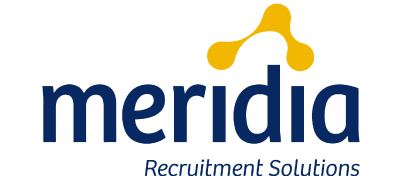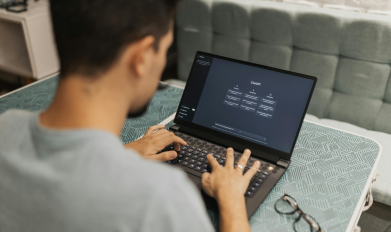
The Phone Interview: Making a Great First Impression
In today’s competitive job market, recruiters are often flooded with responses to job advertisements. Sorting through the applications to find those who are qualified is certainly a task, yet one which leads recruiters to a group of people who seem like they may be a fit, at least on paper. Time is precious and in order to separate those who actually have the skills from those who just know how to make their résumé look attractive, a phone interview is the next best step.
For many businesses, the phone interview has replaced the in-person interview as the first point of contact. The reason? Recruiters do not want to waste your time and money meeting with an individual only to find out the position we are offering isn’t the right fit for you. In my experience, I’ve found the majority of candidates do not consider the phone interview to be as important as the in-person interview. It is critical to remember that this is the first chance you have to make a good impression with your potential future employer. A phone interview can be tricky since you can’t gauge the reaction of the interviewer, so it’s even more important to be aware of how you’re presenting yourself. Below are some basic guidelines to help make that first impression count when asked for a phone interview.
- Don’t act surprised. When an employer or recruiter calls you to request a phone interview, don’t react surprised that they’d prefer to have the first interview over the phone, as mentioned above, they don’t have time to waste! In fact, take this as a very good sign, you’ve already stood out among the group of initial candidates.
- Make yourself available. Most recruiters will want to schedule a time between 8am and 5pm. The same as you would for an in-person interview, take the time off, or use your lunch hour, and be as available as possible.
- Take it seriously. A phone interview is the first time someone from within the company (or the recruiter) will speak with you. This is not a time to rush the conversation, be unprofessional, talk off the cuff, or be unprepared.
- Prepare.The same as you would for an in-person interview, you need to be prepared. This means reviewing the job information you have, thinking of relevant work experience to use as examples, and developing a list of your own questions. You will be asked questions that are directly related to the job qualifications, you don’t want to ruin your chances by not being prepared.
- Find a land line. While your cell phone may be the most convenient number for the interviewer to call you on, it’s usually the worst connection. Whether it’s muffled sound, dropped calls or bad connections, it can be a very frustrating way to interview someone. Try your best to find a land line – if you don’t have one, ask a friend.
- Find a quiet place. While you can’t control all interruptions, there are things you can do to limit the possibility. Turn your cell phone ringer off; go in a room and close the door; tell any family members that you are not to be interrupted; space yourself from your barking dog. If you expect an interruption you can’t control, let the recruiter know up front, and apologize if it happens.
- Be on time. If you give the recruiter a number to call you on and a time you are available, be there. It may even be helpful to be there 5-10 minutes early, the same as you would for an in-person interview.
- Communication is key. Since you are not able to see the recruiter’s expression or reaction, it is much more difficult to tell when you are on the right track, or on an unnecessary tangent. Be cautious of how long you are speaking, take short pauses in case the interviewer wants to jump in and clarify a question or ask you something about what you’ve said. Do not ramble on for 20 minutes without hearing a peep from your interviewer. Be aware of your communication style as well. While you may start to feel more relaxed, keep reminding yourself that this is a professional job interview, you’re not chatting with a friend.
Ready for a career move?





